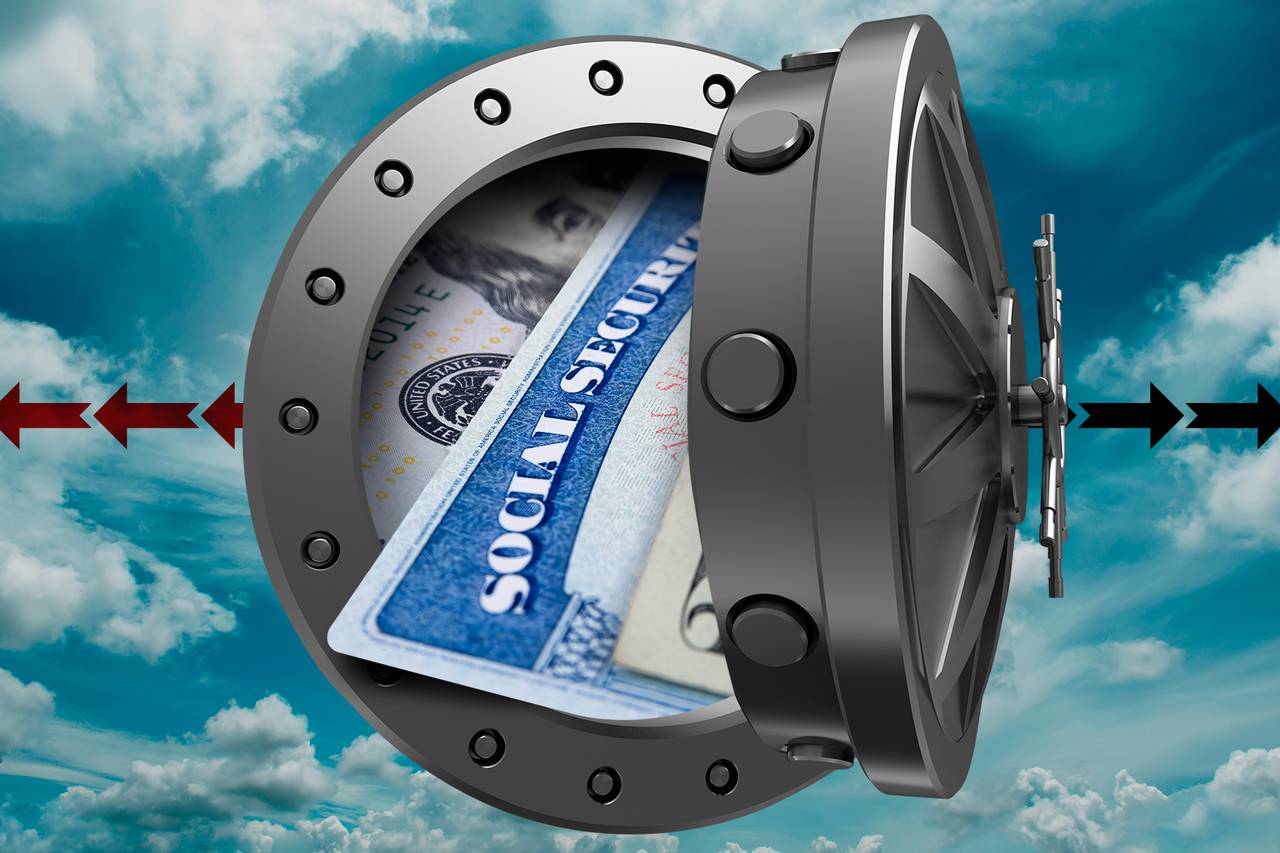

Should Social Security be privatized?
The question of whether Social Security should be privatized is a complex and contentious issue. It involves weighing the potential benefits of privatization, such as increased individual control and potentially higher returns on investments, against the potential risks and drawbacks, such as increased inequality and market volatility. Here, I will provide a detailed answer, considering various perspectives and providing examples and references where applicable.
1. Arguments in favor of privatization:
a. Individual control: Privatization would allow individuals to have more control over their retirement savings. They would be able to invest their contributions in various financial instruments, potentially yielding higher returns compared to the current Social Security system.
b. Higher returns: Proponents argue that private investment accounts could generate higher returns over the long term, as the current Social Security system relies on relatively low-yielding government bonds.
c. Economic growth: Privatization could potentially stimulate economic growth by channeling investments into the private sector. This could lead to increased productivity, job creation, and overall economic prosperity.
2. Arguments against privatization:
a. Increased inequality: Privatization might exacerbate income inequality, as individuals with higher incomes would likely have more resources to invest and potentially benefit more from market returns. This could widen the wealth gap between the rich and the poor.
b. Market volatility: Privatization exposes retirement savings to market fluctuations, which could be risky, especially during economic downturns. The 2008 financial crisis serves as an example of how market volatility can significantly impact retirement savings.
c. Administrative costs: Privatized systems often involve additional administrative costs, including fees charged by financial institutions for managing individual accounts. These costs could reduce the overall returns individuals receive from their investments.
3. Lessons from other countries:
a. Chile: Chile privatized its pension system in the 1980s, transitioning from a pay-as-you-go system to an individual account system. While this system has shown some positive results, such as higher returns for some retirees, it has also faced criticism for leaving many individuals with inadequate retirement savings.
b. Sweden: Sweden's pension system combines a pay-as-you-go system with privately managed individual accounts. This hybrid model provides a degree of individual choice while ensuring a baseline of income security. It has been relatively successful in achieving both individual control and a safety net.
4. Potential alternatives:
a. Reforms within the current system: Instead of full privatization, some argue for reforms within the existing Social Security system. These could include adjustments to retirement ages, contribution rates, and benefit formulas to ensure long-term sustainability.
b. Public-private partnerships: Another approach is to introduce elements of privatization while maintaining a strong public safety net. This could involve allowing individuals to invest a portion of their contributions in private accounts while retaining a guaranteed minimum benefit from the government.
In conclusion, the question of whether Social Security should be privatized is a deeply debated topic. While privatization offers potential benefits such as individual control and higher returns, it also carries risks like increased inequality and market volatility. Countries like Chile and Sweden offer examples of different approaches to pension systems, highlighting the need for careful consideration and potential hybrid models. Ultimately, any decision on privatization should be based on a comprehensive analysis of the potential impact on retirement security, income inequality, and economic stability.
Related Posts
© 2025 Invastor. All Rights Reserved

User Comments
Zion Harrison
a year ago
That's a tricky question. Privatization could change the relationship between citizens and the government when it comes to retirement planning.
Ember Myers
a year ago
But what about the government's role? Social Security was established as a government program to ensure a basic level of income for retirees. Would privatization shift that responsibility entirely onto individuals?
Juliette Reed
a year ago
On the other hand, some proponents argue that privatization could foster a sense of personal responsibility, encouraging individuals to take a more active role in planning for their own retirement.
Jasper Allen
a year ago
Plus, there's the concern of administrative costs. Privatization could mean higher fees and costs associated with managing individual retirement accounts, potentially eating into the overall returns.
Oliver Young
a year ago
That's a valid point. Privatization could potentially leave vulnerable populations without a safety net, especially if they're not able to save enough during their working years.
Summer Evans
a year ago
And what about social safety nets? One of the goals of Social Security is to provide a safety net for those who might not have access to private retirement plans.
Reagan Espinoza
a year ago
True, Esther. Privatization could expose retirees to market fluctuations and economic instability, which might not be suitable for everyone, especially those with limited financial knowledge.
Esther Singh
a year ago
But others worry that privatization could lead to increased risk and inequality. What happens if investments don't perform well? Some retirees might end up with less money than they need.
Adalynn Bishop
a year ago
Privatizing Social Security is a big topic with strong opinions on both sides. Some argue that giving individuals more control over their retirement savings could lead to better outcomes.